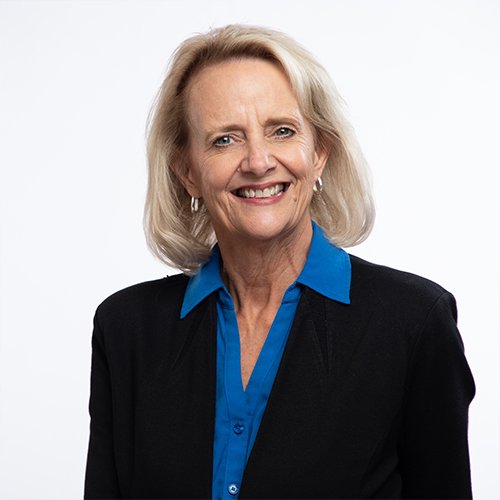TRUST. Such a heavy word! You know it when you feel it and you also are very aware when it is not present with someone or in a certain situation. I bet just reading that caused you to tense up and maybe even sweat.
Cory Scheer, Ed.D, a good friend of DBD Group, recently released a new book, Closing the Trust Gap: Taking Action on What Matters Most for Leaders, Teams and Organizations. It is a must read for anyone with leadership responsibilities today. Additionally, Cory visited with Bruce Berglund, Founder and President of DBD Group, in a recently released podcast where they further unpack the book and his work this year with our full staff team.
Think your organization has trust issues? Do you have an uncomfortable feeling in your gut about where the team is today? Try Cory’s easy examples to take a quick pulse:
- Do staff and volunteers come early/stay late to meetings and engage with each other?
- Is there laughter in those fringe times or quiet whispers with a couple of people in the corners of the room or hallways?
- Are there individuals standing alone away from the group?
- Is there group participation and a willingness to ask hard questions during the staff/volunteer meetings?
Cory’s company offers a powerful assessment for team that can provide senior leadership with data that reflects true measures of an organization’s level of trust—across employee lines, with leadership and within the basic work environment.
This quick survey tool can be used with small groups (like a leadership team or new project team) or within the entire organization. His recommendation for nonprofits is to also consider including board leaders and key donors. To my mind, this opens up additional lanes for transparency and indicates a willingness of leadership to maintain a thriving organizational culture.
Here’s the good news: the trust assessment makes it possible for you to clearly see areas for improvement. For many nonprofits, the challenges of today relate back to changes in the workplace that started during the pandemic and have settled into an environment that doesn’t reflect anyone’s highest desire.
So, how can we improve? Hint: it’s not by an employee of the month program or the front door parking place!
In Cory’s framework “The Structure of Trust™” he shares three key building blocks of trust. They are:
Competency: Does the organization have the right people in the right roles?
Problem-solving: Is there a true willingness to tackle hard questions and engage across organizational silos to resolve issues? Additionally, are we actually solving the “right” problems, are we looking far enough upstream to truly make an impact or do we rush in to solve just the immediate visible issues?
Care for Others: Are we listening to the issues and concerns of our teams? Are we willing to invest the “currency of time” to develop relationships with staff and our volunteers/donors?
Nonprofit, cause-driven leaders are committed to serving others in need at a high-level. But that level can’t be achieved if the staff and volunteer teams aren’t functioning at their best.
Read the book, dive into the podcast—and do the work to address your organization’s trust issues. You won’t regret it!

This month, DBD Group is sharing the lessons and insights we've gleaned from our reading. One of our core axioms is to never stop learning and as a team, we read a lot! Whether we're revisiting lessons from old favorites or diving into a new bestseller, we love to share what we learn. Let us know what you're reading in the comments section. We're always ready for a new read!

